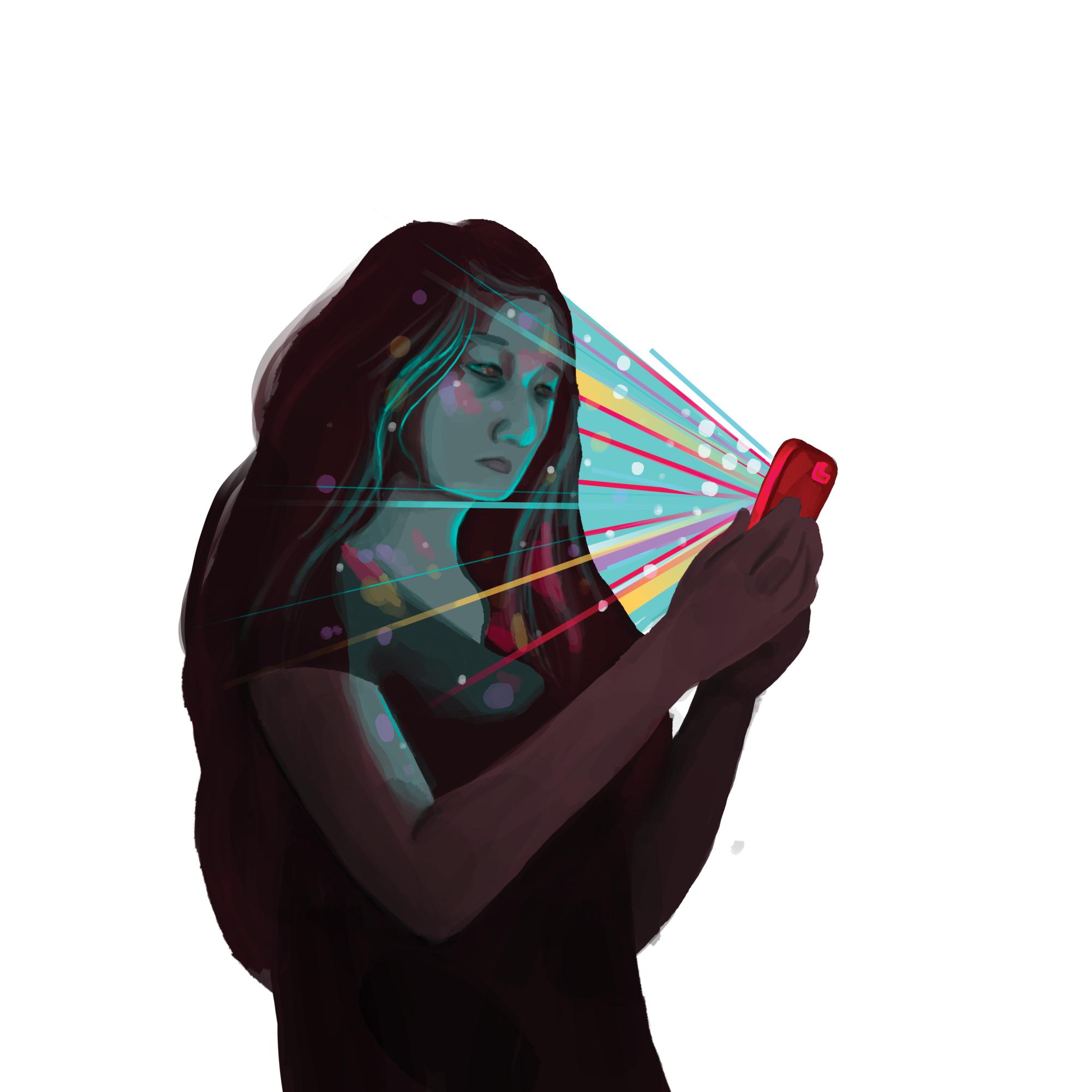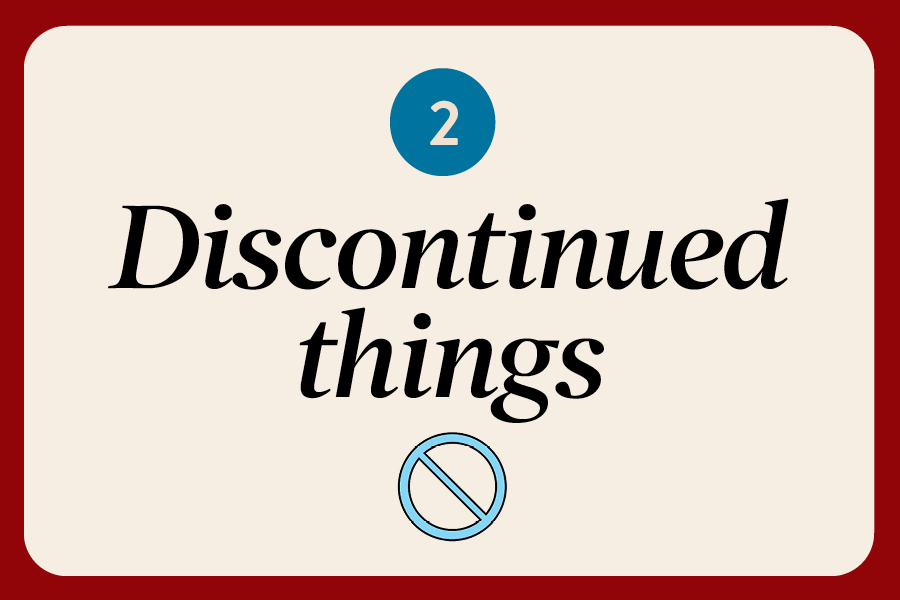Richard J. Chung is an attending physician and senior medical director for Enterprise Adolescent Medicine at Children’s Hospital of Philadelphia. Dr. Chung shared his views into the addictive short-form algorithm of TikTok for teenagers in an interview with the U-High Midway.
Responses have been edited for clarity.
How is the TikTok algorithm especially addictive?
“It is really well suited to drawing in a user and keeping them engaged for as long as possible and then and as deeply as possible. When we think about teenagers in particular, they’re especially vulnerable to that effect for a variety of reasons; As their developing brain is evolving, they’re particularly sensitive to a few things. One is novelty, so we talk about teens doing what we call sensation seeking, a normal aspect of development where they’re designed to seek out new, exciting, uncertain, risky things. We also know that teens are particularly sensitive to certain types of reward and pleasure. It is a combination of all those factors that makes something like TikTok truly perfectly designed to draw somebody in and keep them engaged over time.”

What happens in the brain when someone scrolls through short-form content like TikTok for long periods?
“What we know is that there’s a part of the brain called the ventral trite and associated areas of the brain that are really keenly related to emotion and impulse and pleasure — things that are much more reactive rather than things that might be considered well thought-out and less acute in the moment. That aspect of the brain, in particular, has much more of a dominant effect in adolescence. We differentiate between what we call cold cognition, which is less emotional, less immediate, less reactive, and then hot cognition, which is really emotionally driven impulsive reactive. Not both are necessary, but it’s the balance between the two where sometimes we can run into issues and where social media, in particular TikTok, really preys on that kind of imbalance, particularly during adolescence.”
What are the consequences of consuming too much short-form content?
“I do think there’s a lot of concern around those short- and long-term effects of social media content use, particularly for young people who don’t find a balance of that activity versus other types of engagement with the world around them. That imbalance is where the issue is. When it gets to a point where it is no longer in balance and is really undermining their engagement with the rest of the world, causing mental or even physical consequences, that’s when it becomes more of a clinical problem. It’s not all good or all bad — it’s the experience of the individual within the context of their life.”
What advice would you give to teens who are feeling overly addicted to apps like TikTok?
“Number one, I would applaud them for having insight into that and recognizing for themselves that there might be a problem. The second thing I would applaud them for is not only recognizing the issue, but actually having some desire to make it better to get help which again is not assumed — taking stock of what harm is done to them and to others. One of the things about any kind of psychological or behavioral challenges is that it can be very isolating, and when somebody remains isolated, even as they’re trying to get help, it’s very limiting, and so really open yourself up to others who can support you, speak into your life and support you.”






















































